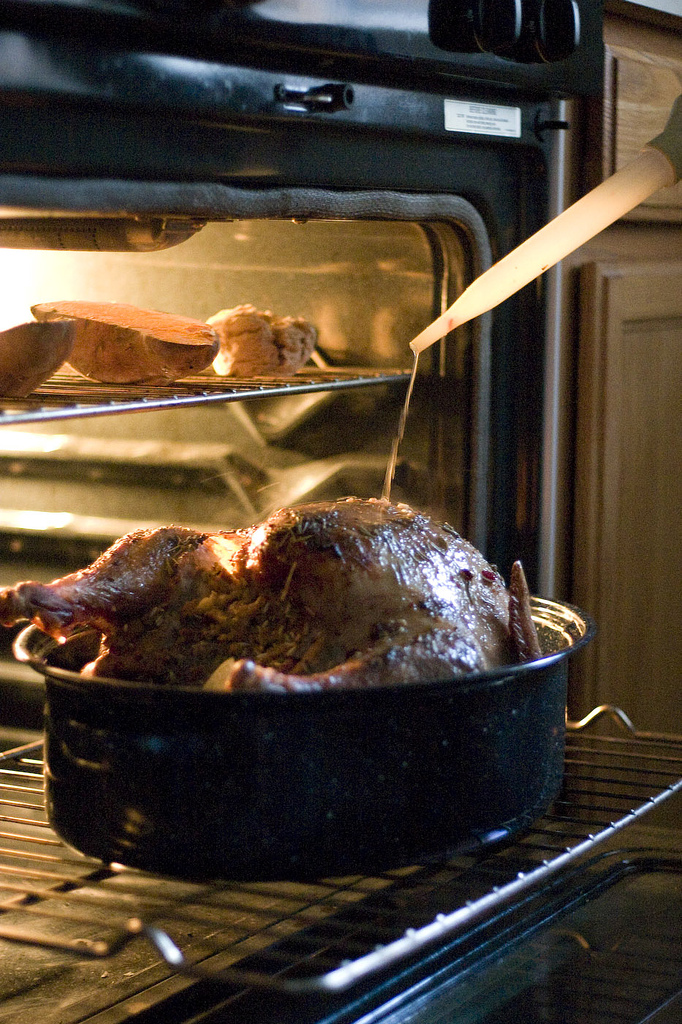|
Baster (other)
The Basters are an ethnic group in Namibia. Baster may also refer to: *Baster, a kitchen utensil; see basting (cooking) *Baster (band), French musical group People with the surname *Job Baster (1711–1775), Dutch physician and naturalist *Marek Baster (born 1976), Polish footballer {{disambiguation, surname ... [...More Info...] [...Related Items...] OR: [Wikipedia] [Google] [Baidu] |
Baster
The Basters (also known as Baasters, Rehobothers or Rehoboth Basters) are a Southern African ethnic group descended from white European men and black African women, usually of Khoisan origin, but occasionally also enslaved women from the Cape, who resided in the Dutch Cape Colony in the 18th century. Since the second half of the 19th century, the Rehoboth Baster community has been concentrated in central Namibia, in and around the town of Rehoboth. Basters are closely related to Afrikaners, Cape Coloured and Griqua peoples of South Africa, with whom they share a language and culture. Other people of similar ethnic origin, living chiefly in the Northern Cape, also call themselves Basters. The name ''Baster'' is derived from "bastaard", the Dutch word for bastard (or "crossbreed"). While some people consider this term demeaning, the Basters reappropriated it as a "proud name", claiming their ancestry and history, treating it as a cultural category in spite of the neg ... [...More Info...] [...Related Items...] OR: [Wikipedia] [Google] [Baidu] |
Basting (cooking)
Basting is a cooking technique that involves cooking meat with either its own juices or some type of preparation such as a sauce or marinade. The meat is left to cook, then periodically coated with the juice. Prominently used in grilling, rotisserie, roasting, and other meat preparations where the meat is over heat for extended periods of time, basting is used to keep meat moist during the cooking process and also to apply or enhance flavor. Improperly administered basting, however, may actually lead to the very problem it is designed to prevent: the undesired loss of moisture (drying out) of the meat. If not compensated by countermeasures, the opening of the oven door and the resulting loss of temperature and moisture content of the air circulating inside can lead to increased evaporation from the meat surfaces. To prevent this, the easiest solution is to place the meat in a closed oven bag, which traps evaporating moisture and does not let it disseminate into the oven spa ... [...More Info...] [...Related Items...] OR: [Wikipedia] [Google] [Baidu] |
Baster (band)
Baster is a French band from Réunion, which founded in 1983. They perform sega, maloya and reggae. Their music has been described as electric maloya. They are one of the most popular maloya groups and perform a poetic and lyrical form of the genre. They formed at Basse-Terre, which was formerly a village near Saint-Pierre but, due to urban sprawl, it is now part of Saint-Pierre. Their songs are defined by their texts in Réunion Creole written and sung by Thierry Gauliris, and their addition of reggae Reggae () is a music genre that originated in Jamaica in the late 1960s. The term also denotes the modern popular music of Jamaica and its diaspora. A 1968 single by Toots and the Maytals, "Do the Reggay" was the first popular song to use the ... elements, set with strong guitar solos. In 2002, they went to the Tuff Gong studio of Bob Marley, and recorded reggae versions of his greatest hits. Discography *''Black Out Tour'' *''Lorison Kasé'' (1992) *''Mon Royom'' (1995) *' ... [...More Info...] [...Related Items...] OR: [Wikipedia] [Google] [Baidu] |
Job Baster
Job Baster, sometimes Hiob Baster, (2 April 1711, in Zierikzee – 6 March 1775) was a Dutch physician and naturalist who devoted himself almost entirely to the study of medicine and natural history. He studied and took his degree of doctor of medicine at Leiden in 1731, and Albrecht von Haller has thought his thesis, ''De Osteogenia'', worthy of a place in his collection. Professors like Herman Boerhaave trained him in scientific methods and he learned to how study natural phenomena. After his study he visited the hospitals and botanical gardens in Paris and London where he became friends with Philip Miller and Hans Sloane. Afterwards he settled as a physician in his native town Zierikzee. In 1738 he became a Fellow of the Royal Society in London on recommendation of Boerhaave and Willem 'sGravesande. Baster was a versatile scientist, in addition to his work as a physician he contributed papers about medicine, horticulture and marine biology to the Philosophical Transactions an ... [...More Info...] [...Related Items...] OR: [Wikipedia] [Google] [Baidu] |

